In the vast expanse of the night sky, where stars twinkle like distant promises and the aurora dances in ethereal hues, lies a world that has captivated humanity for millennia. Yet, in recent years, this nocturnal realm has become more than just a source of wonder—it has emerged as a burgeoning travel trend known as "noctourism." With Booking.com naming it a top travel trend for 2025, the allure of darker skies and after-dark adventures is reaching new heights. From starbathing under the Milky Way to witnessing cosmic events, noctourism offers a unique perspective on destinations, allowing travelers to experience the world in a way that feels both exhilarating and profoundly intimate.
Stephanie Vermillon, author of *100 Nights of a Lifetime: The World's Ultimate Adventures After Dark*, has long been enchanted by the night. Her journey into nocturnal exploration began during a 2010 trip to Morocco, where she first encountered the Milky Way and shooting stars in the Sahara Desert. "I grew up in Dayton, Ohio, with terrible light pollution," she recalls. "When I saw the stars in the Sahara, it was like a revelation." This experience led her to take an astronomy class and eventually pursue adventures like hunting the Northern Lights, which further deepened her curiosity about the world after dark.
Vermillon's fascination with noctourism is rooted in the unique sensory experience it offers. "Our senses are heightened at night," she explains. "You see things you don't see any other time, and everything feels exciting and new." This heightened perception is part of what makes noctourism so appealing. Whether it's witnessing a city's transformation after dark or engaging in nature's most dazzling displays, the night offers a different side to every destination.
The growing interest in noctourism is also fueled by major celestial events. The April 2024 total solar eclipse and the peak in aurora activity during 2024-2025 have sparked a surge in people seeking out dark sky destinations. With over 200 Dark Sky Reserves worldwide, travelers now have numerous opportunities to experience the night sky in its purest form. "The night sky gives you a sense of perspective—it's humbling and grounding," says Vermillon. "You can experience pure awe."
Among the many nocturnal experiences available, five stand out as particularly captivating:
1. Hot Spring Aurora-Hunting in Iceland
Iceland's position near the Arctic Circle makes it a prime location for witnessing the aurora borealis, or Northern Lights. This natural phenomenon, created by charged particles from the Sun colliding with Earth's atmosphere, produces colorful displays that can be seen on over 100 nights during the Northern Lights season (September to April). "I've never felt goosebumps from nature more than when I'm watching the Northern Lights," says Vermillon. "It's like watching nature dance."
While many travelers brave the cold to witness the aurora, Iceland offers a warmer alternative: its naturally heated pools. With geothermal energy creating over 700 hot springs and pools, visitors can enjoy the Northern Lights in comfort. "The water is often over 100°F (38°C), so you can see your breath and your hair frosting, but the water heats you from the core," explains Vermillon. She recommends the Ion Adventure Hotel in Selfoss, where outdoor pools overlook lava fields and snow-capped mountains, and Heydalur, a guesthouse in the Westfjords, where shaggy white ponies roam around open-all-night hot pools.
2. Up Helly Aa Festival in Scotland
The Shetland Islands, located far out in the North Sea, are geographically and culturally close to Scandinavia. This connection is celebrated annually through the Up Helly Aa festival, held on the last Tuesday of January in Lerwick. The festival honors the islands' Viking heritage with a fiery procession of around 1,000 "guizers" (local men) dressed in Viking gear and other costumes. The highlight is the burning of a replica Viking longship, followed by dancing, music, and drinking in community halls and pubs.
"So many cultural festivals are ancient, but this one started around 200 years ago, making it relatively new," says Vermillon. "It's a celebration of pride in their heritage, and the visuals—night, darkness, and fire—are incredible." The festival's northerly location also offers a chance to see the aurora, known locally as the "mirrie dancers" (from the Old Norse word "mirr," meaning "to shimmer").
3. Desert Stargazing in Atacama, Chile
The Atacama Desert in northern Chile is the driest nonpolar desert on Earth, with high elevations and an average of 300 clear, cloud-free nights per year. This makes it an ideal location for stargazing, attracting professional astronomers and tourists alike. The Atacama Large Millimeter/submillimeter Array (ALMA), one of the most powerful telescope systems in the world, is located here, studying the universe's mysteries.
"Atacama has the clearest night skies I've ever seen," says Vermillon. "The community of entrepreneurs has created incredible experiences around stargazing, including astrophotography tours, archaeoastronomy sessions featuring Indigenous stories, and private observatories." Visiting during a new Moon offers the darkest skies and most dramatic starscapes. "You see a blanket of stars, more stars than you've ever seen in your lifetime," she adds. "The landscape itself feels otherworldly, with NASA using parts of Atacama to test for Mars missions."
4. Night Safaris in Zambia
For wildlife enthusiasts, night safaris offer a unique opportunity to witness nocturnal animals in their natural habitat. Zambia, with its numerous national parks, is a prime destination for such adventures. South Luangwa National Park, Lower Zambezi National Park, and Kafue National Park are particularly renowned for their night safaris, where visitors can see big cats, elephants, and other remarkable creatures.
"Night-time is when many animals are most active, especially predators like lions and leopards," says Vermillon. "To see a leopard stalking around at night is so different from seeing it lazing in a tree during the day." Other nocturnal animals include hyenas, bush babies, and owls. "The experience is less about seeing and more about listening," she explains. "It's a different kind of safari, where you feel like you're part of the animal kingdom."
5. Night Markets in Taiwan
For those seeking a more urban nocturnal experience, Taiwan's night markets offer a sensory feast. With over 100 markets across the country, these bustling hubs are famous for their variety of affordable food, clothing, art, and crafts. Many markets are open from late afternoon into the early hours, with the most activity following local temple services.
"The majority of Taiwan's temples are Taoist and Buddhist, and the night markets grew around these gathering areas," explains Vermillon. "They were built to serve the community, but they offer a unique experience for tourists as well." In Taipei, the capital, over 30 night markets include the famous Shilin Night Market, known for its oyster omelettes, and Raohe Night Market, known for its Fuzhou black pepper buns. "Almost every market has a signature dish," she says. "And don't miss the 'stinky tofu'—a fermented bean curd dish that's very common in the after-hours markets."
The Future of Noctourism
As interest in noctourism continues to grow, destinations around the world are finding new ways to embrace the night. From stargazing in remote deserts to celebrating cultural heritage through fiery festivals, the opportunities for unique after-dark experiences are endless. For travelers, noctourism offers more than just a different time of day—it offers a different way of seeing, feeling, and understanding the world.
Vermillon's advice for those interested in noctourism is simple: "Stay up late or rise early. You'll see a different side to every destination." Whether it's the Northern Lights dancing above a hot spring, the fiery spectacle of a Viking festival, or the bustling energy of a night market, the night holds a magic that can transform even the most familiar places into something new and extraordinary.
In a world increasingly dominated by artificial light, the allure of darkness and the wonders it holds is more compelling than ever. Noctourism is not just a trend; it is a reminder of the beauty and mystery that await us when the sun goes down.

By Noah Bell/Feb 25, 2025

By Natalie Campbell/Feb 25, 2025
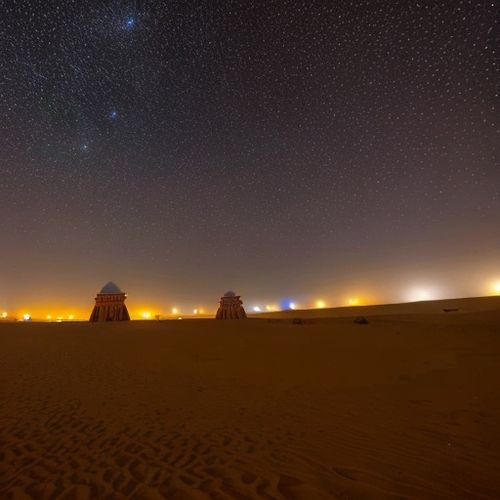
By Laura Wilson/Feb 25, 2025
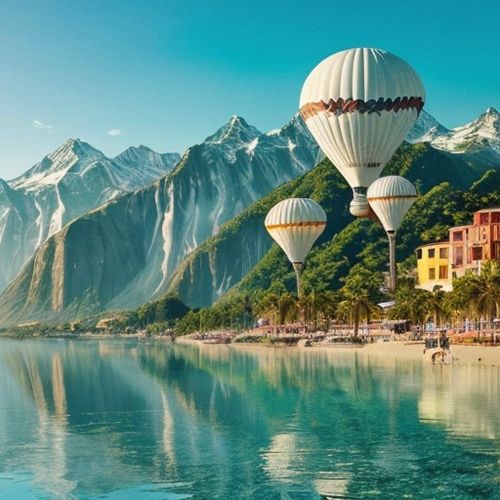
By John Smith/Feb 25, 2025
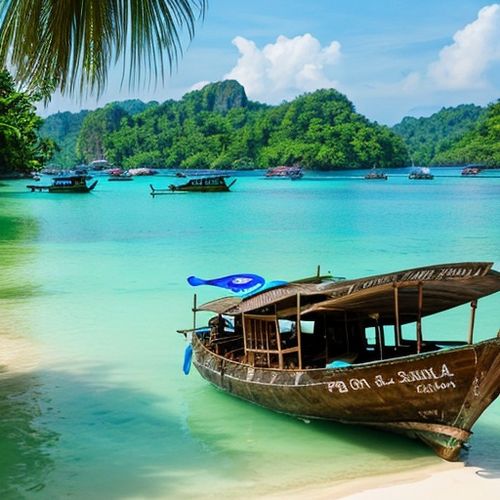
By Lily Simpson/Feb 25, 2025
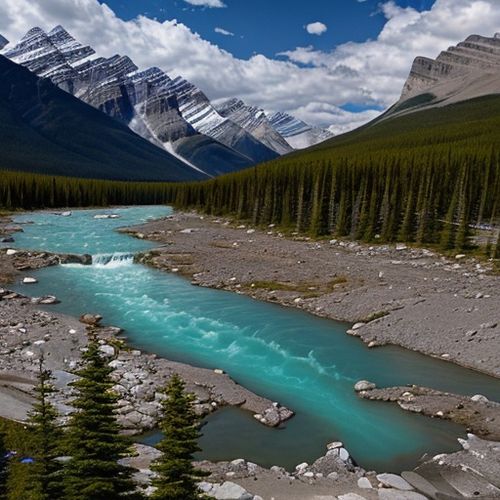
By Jessica Lee/Feb 25, 2025
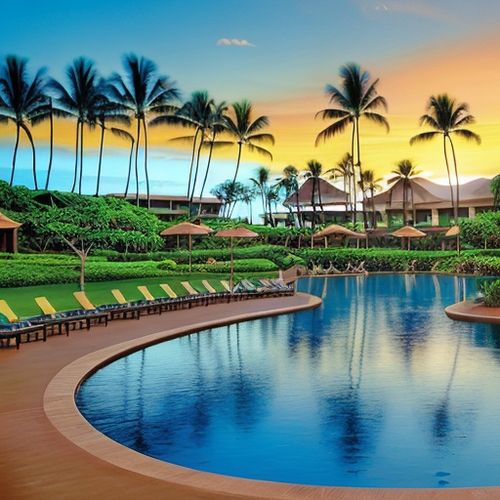
By John Smith/Feb 25, 2025
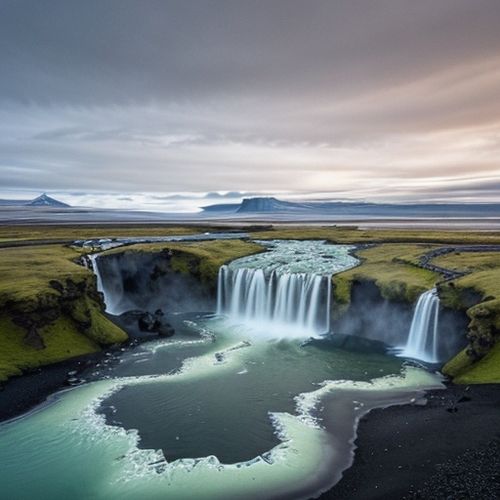
By Rebecca Stewart/Feb 25, 2025
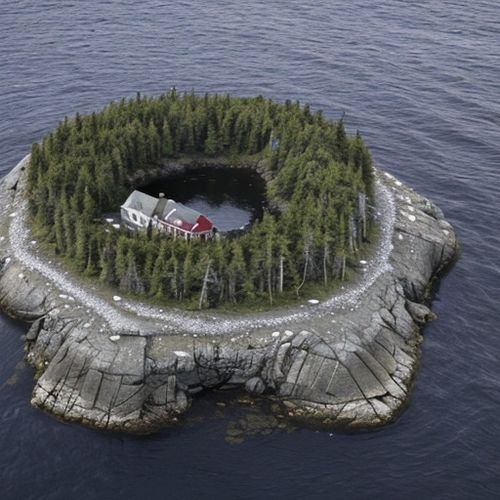
By Rebecca Stewart/Feb 25, 2025
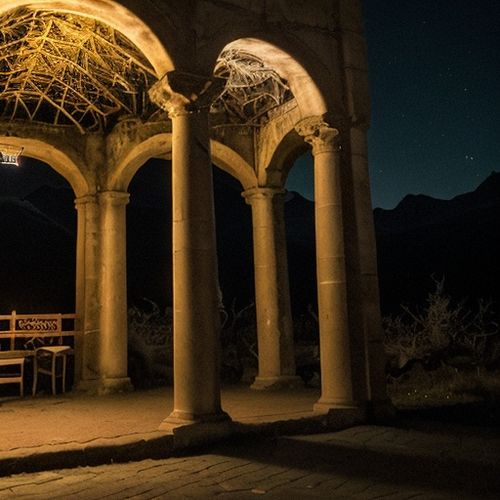
By Daniel Scott/Feb 25, 2025
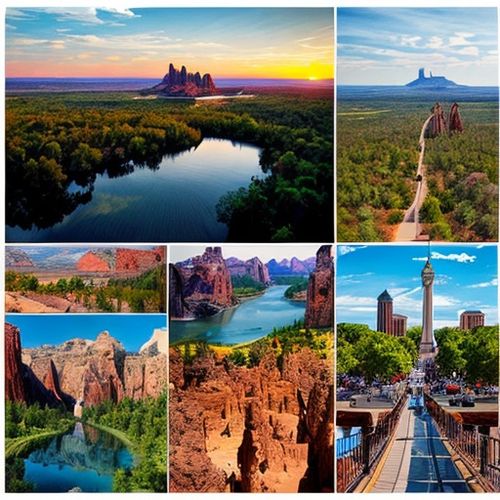
By Ryan Martin/Dec 23, 2024
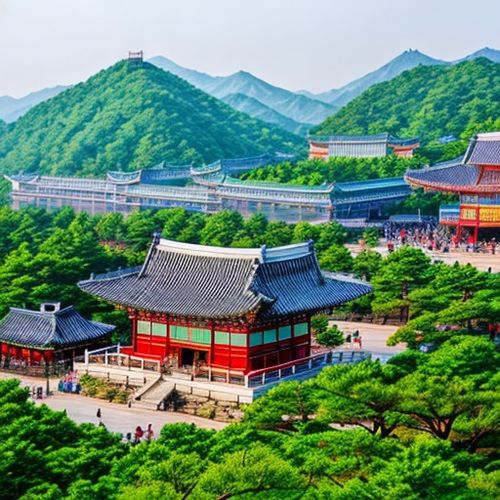
By Emma Thompson/Dec 23, 2024
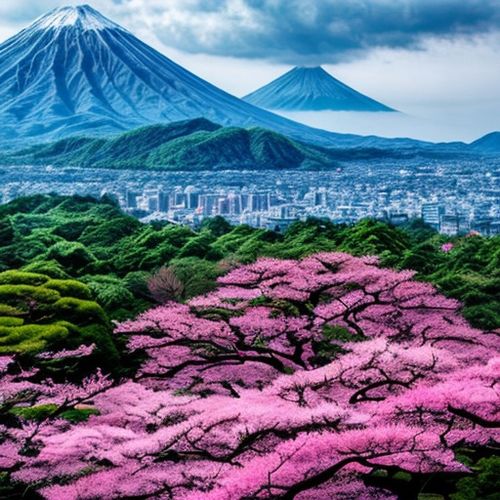
By Sophia Lewis/Dec 23, 2024
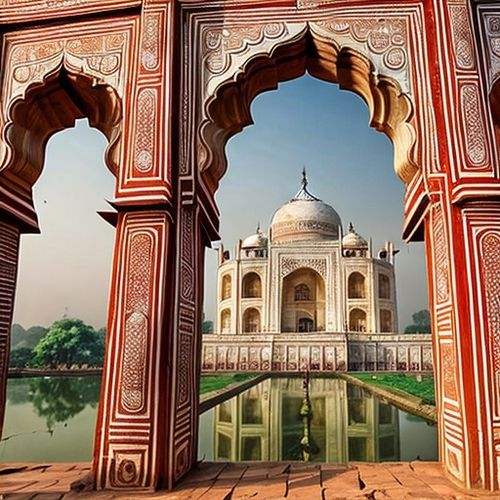
By James Moore/Dec 23, 2024
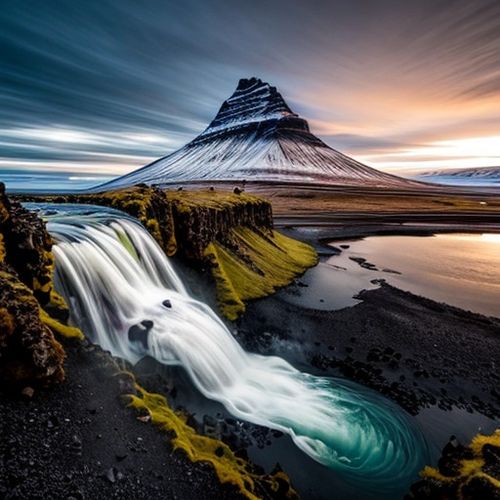
By Benjamin Evans/Dec 23, 2024
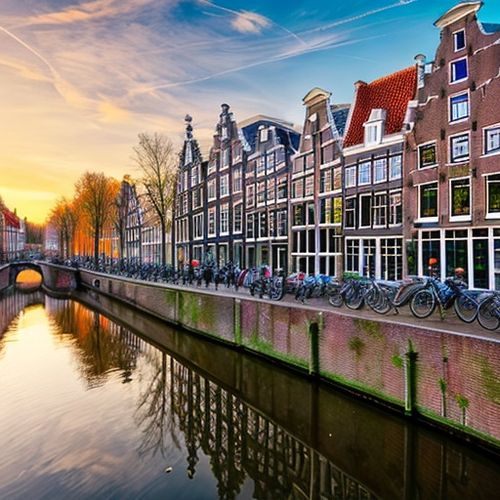
By John Smith/Dec 23, 2024
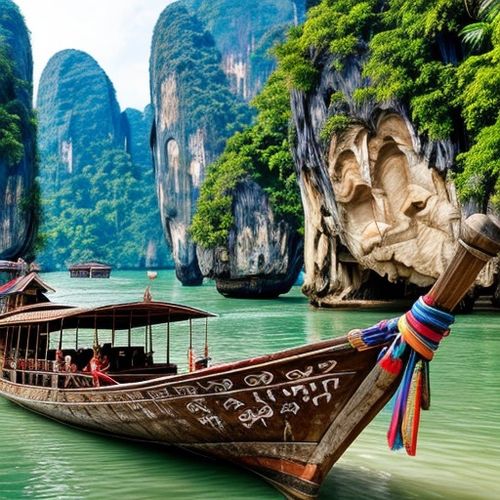
By William Miller/Dec 23, 2024
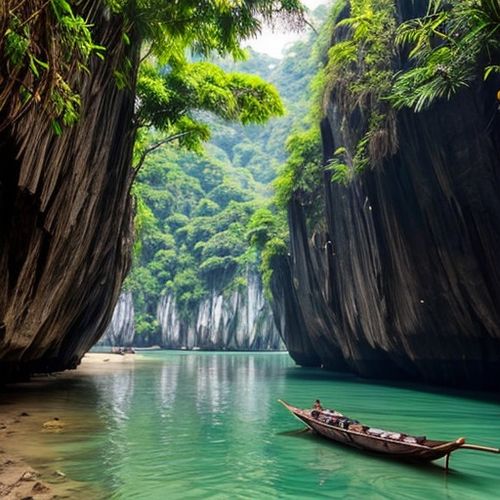
By Michael Brown/Dec 23, 2024